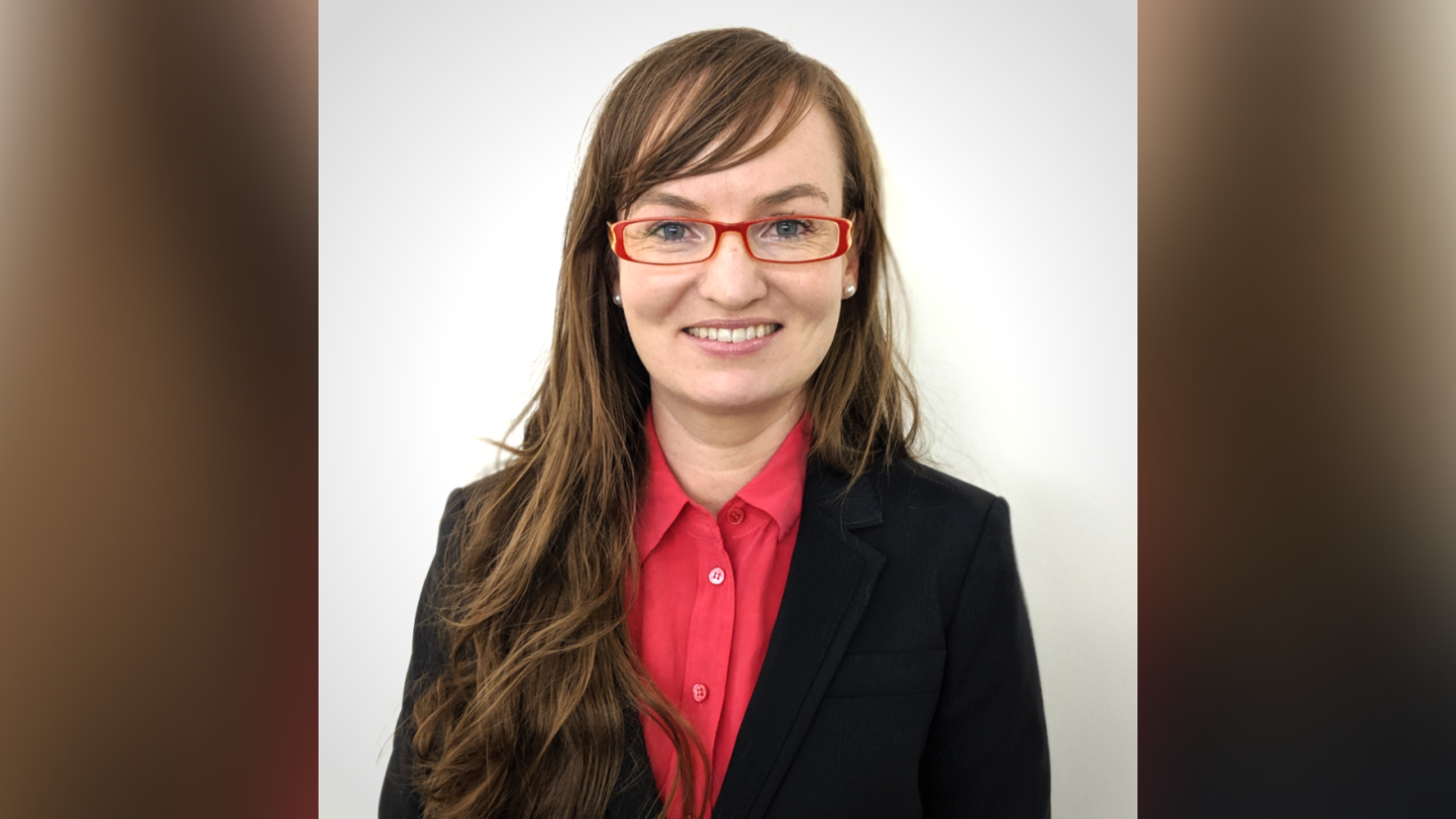Tenille E. Brown, student member of the Human Rights Research and Education Centre (HRREC), has been appointed as a Tenure Track Assistant Professor in the Bora Laskin Faculty of Law, Lakehead University.
Tenille is completing her PhD in Law under the supervision of Dr. Elizabeth F. Judge in the area of legal geography, examining the intersection between property, geography and the creation of place in Canada. While working at the Centre, Tenille has been an active member of the HRREC community and has also been an Adjunct Professor in the Common Law and Civil Law Sections.
Bora Laskin Faculty of Law delivers a legal education focused on Aboriginal and Indigenous law, natural resource law and small firm practice. Tenille will contribute to these areas and continue with her research in the area of equitable land ownership. .
Tenille holds an LLM '06 from the University of Ottawa in the field of Aboriginal law and the then-draft Declaration on the Rights of Indigenous Peoples, and an LL.B. (Scots law) (Honours) from the University of Dundee, Scotland. She has worked at the Samuelson-Glushko Canadian Internet Policy & Public Interest Clinic, Canada’s leading public interest technology law clinic, where she contributed to interventions at the Supreme Court of Canada in the area of privacy law. Before starting her academic work, Tenille worked in the Kingdom of Eswatini (at that time known as the Kingdom of Swaziland), Southern Africa, as a legal officer in a feminist organization.
Congratulations, Tenille!!!
How do you feel about your new role?
I am thrilled to be at Lakehead- it is just perfect with the property, geography, indigenous work.
When did you realize you wanted to become a University Professor?
I have always been interested in the policy and research side of law, and always committed to working in a human rights type capacity. Immediately prior to starting my PhD journey, I was working as a legal officer in a law and development role in the Kingdom of Eswatini (then called Swaziland), a small country in Southern Africa. I loved this work and when I came back to Canada I enrolled in a PhD because I wanted to deepen my ability to contribute in the areas of women's rights, property rights and land issues. As soon as I started my PhD I knew that I was on this path to be a university professor. Working as a professor is the perfect mix for me to share knowledge, learn from my students and colleagues, carry out research that can be utilized in law and policy work, and contribute to the legal profession.
One of the biggest privileges of attending University of Ottawa are the ongoing opportunities to engage in research projects, policy work with all the institutions in Ottawa, and teach, all while continuing your own PhD research. The Common Law Section of the Faculty of Law has provided exceptional teaching opportunities, along with mentoring and guidance so I could develop my teaching skills. Moving forward, I will be relying on this early training to balance ongoing research and contribute to the academic life at Lakehead and in the legal academy generally.
What was your biggest achievement or what you are most proud of during your involvement with us and or The Human Rights Research and Education Centre (HRREC)?
For my PhD work, my supervisor, Dr. Elizabeth F. Judge introduced me to a Social Sciences and Humanities Research Council (SSHRC) research group called "Geothink," which looked at geo-spatial data and government-citizen engagement. Through this project I was able to contribute to interdisciplinary work carried out by researchers across Canada and it opened my research up to a whole new set of ideas and research avenues that I had not previously contemplated. I am proud of contributing to a research project with excellent researchers that contributed to the important conversation about data policy.
Geothink had an annual summer school for graduate students and where I learned about "municipalities and open data" and "smart cities." I attended these with some other PhD students - Laura Garcia, and Amir Khorani, both from our Faculty - and they were great learning opportunities and fun!
My involvement in this project has certainly impacted my own research agenda and is part of my ongoing interest in technology and property.
With the Human Rights Research and Education Centre I was fortunate to serve as a project lead on a research piece on land and genocide prevention for the United Nations Office on Genocide Prevention and the Right to Protect. The project was part of the Human Rights Clinic at the HRREC spearheaded by John Packer and Salvador Herencia Carrasco and it required me to work with students, coordinate research on this topic from different geographic perspectives and to attend meetings at UN headquarters in New York. But also, really, the HRREC has excellent talks and workshops in the centre almost every single week! Just being given an office to work from and to be exposed to the work of the HRREC community is something I am proud to be a part of.
Who is the person who has had the biggest impact on you during your time with the Faculty of Law?
She has been integral to my growth, my PhD supervisor, Dr. Elizabeth F. Judge, Full Professor in the Faculty of Law, Common Law Section. Dr. Judge has provided me with exceptional guidance and mentorship for all of the stages of my PhD, from project design, to research and writing, and also mentorship for my growth as a junior academic. I am truly thankful for her support and the opportunities to collaborate with her.
